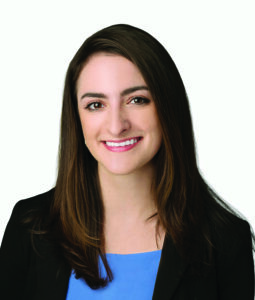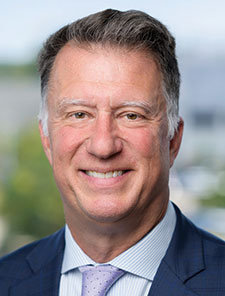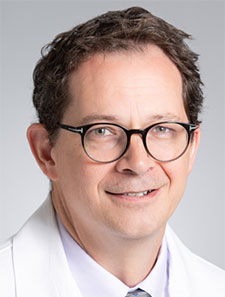As the summer swings past full gear, I begin my final year as a chief resident in otolaryngology. Watching familiar faces fade and be replaced with new, eager trainees filling […]


As the summer swings past full gear, I begin my final year as a chief resident in otolaryngology. Watching familiar faces fade and be replaced with new, eager trainees filling […]

ENTtoday strives to be inclusive and representative of all voices across the otolaryngology field. As part of this effort, we’re excited to welcome two new editorial board members, Alexandra Berges, […]

At 60 years old, after a fruitful career as a clinician–scientist, medical school dean, and provost at the Medical College of Wisconsin, Dr. Kerschner is pivoting his career to join Chartis, a leading healthcare advisory firm. In his role as a strategic transformation senior partner, Dr. Kerschner will apply not only his clinical and research expertise but also his leadership experience guiding a health system and medical school to help drive transformative change in healthcare.

Medical students and residents are embracing new technologies to help them study. This shift is driven by advances in artificial intelligence (AI), educational platforms, and other digital tools, along with demands for more flexible and personalized learning.

ENTtoday is adding two resident positions to its editorial board. The editorial board serves as a think tank for the publication, providing content ideas, editorial direction, and insight into the […]

Developing the next generation of surgeon scientists is challenging; however, a unique program at Vanderbilt University Medical Center in Nashville is addressing some of the difficulties young clinician–researchers in otolaryngology may face through its annual Surgeon Scientist Symposium, now entering its second year.

Quiet quitting: A new term surfacing over the past several years is putting a contemporary spin on a long-term problem within the workforce.


Laryngology enables Dr. Syamal to apply her love of engineering, fluid dynamics, and the physics of vibrations to the clinical pathology and ENT disease conditions she treats.

Accord-ing to a 2021 Laryngoscope article, “Gender-Based Pay Discrimination in Otolaryngology,” “female otolaryn-gologist are paid 77 cents on the dollar compared to their male colleagues.